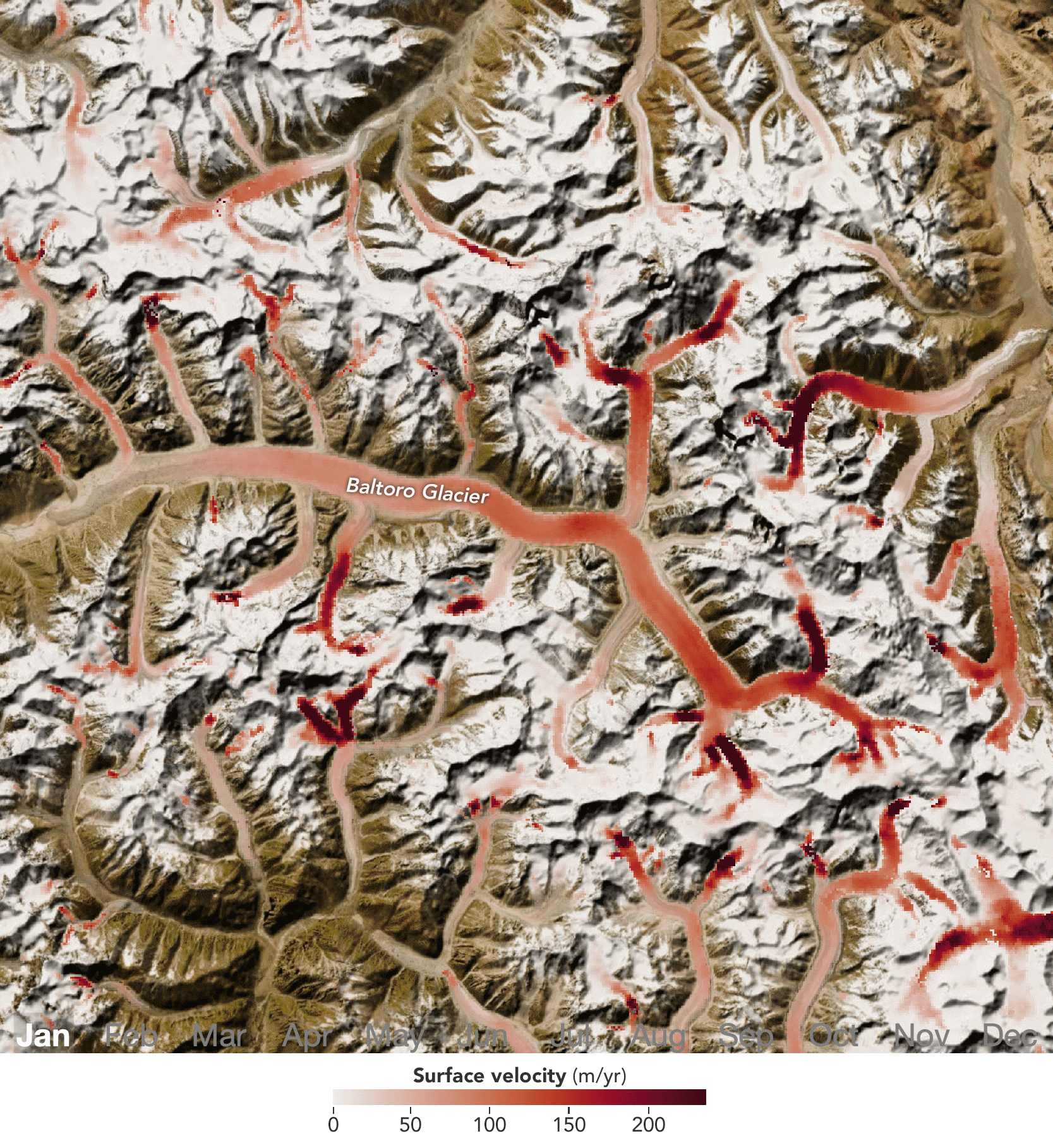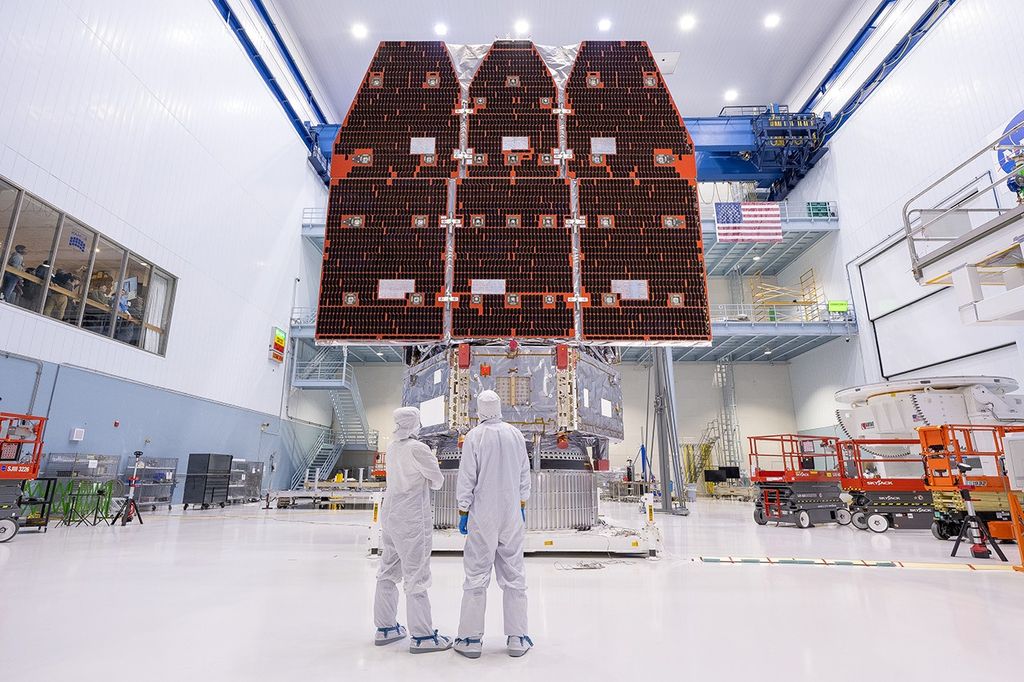Diep Nguyen
Contents
Personal Essay
What inspired you to work at NASA?
I first visited NASA’s Johnson Space Center (JSC) in 1976, a year before I moved to Houston, Texas. I remember wondering what it was, exactly, that people were doing at NASA, and how they were able to launch the shuttle. While visiting JSC, I noticed all the people walking around the center or seated behind those windows—they all seemed to be doing important tasks; they looked serious, confident, happy. I wished I could be one of those people and I thought that there would be so much I could learn and do there.
Do you remember what it was like on your first day of work at NASA?
Everyone around me in the Payload Operation branch was so smart and spoke excellent English.No one could pronounce my name. I had to explain to everyone who I was and why my name wasn’t spelled as it was pronounced. I was lost when I attended my first Payload Operations Working Group meeting. The room was filled with all white men and only two women, including me, and they spoke so fast and used many words that I did not understand—words that couldn’t be found in the English dictionary. I later found out that those words were not in the dictionary because they were part of NASA language—our NASA acronyms. I was quite scared at the beginning and wondered if I really I could be the certified flight controller—the job that NASA hired me to perform.
What are some of the most important lessons you have learned in your life?
Always treat people with respect and sincerity regardless of their background, education, profession, gender, or nationality. Be aware of differences as much as similarities. Try to understand what causes those differences and adapt to them or learn from them.
I learned that working with people is harder than managing the most complex projects. We can never make everyone happy, no matter how hard our efforts, but we should not give up on doing our best. We should always have an open mind, allowing room for change and improvement.
What did you want to be when you grew up and what do you do today?
I wanted to be a teacher of history and government, hoping that I could better teach my children, and in doing so, influence the fate of my country. Instead, I ended up in the United States after only 2 years of teaching in Vietnam, and I pursued a completely different path. It was unexpected, a more practical dream, but also an enormous challenge. Confronting these challenges, one after another, eventually led me to NASA, and to managing various international integration projects for the Space Station Program.
What are you most proud of?
First, my family—my two wonderful kids and faithful husband who have supported me through good times and bad. Also, my second family—my NASA friends who share with me their knowledge and experience, and who have worked hard with me to accomplish many things.
What do you consider your greatest accomplishment?
My graduation and my children’s graduations. Also, the moment that I walked beside my husband to receive the NASA Achievement medal and the JSC Director Commendation award.
What was the happiest moment of your career?
Any project that I successfully led, delivered, and operated.
What was the saddest moment of your career?
The shuttle accidents.
What did you learn?
That we should never be too comfortable because of what we did well yesterday, and that we should never stop looking for improvement, always listening, asking questions, and striving for answers.
Do you have any favorite stories to share from your career at NASA?
Dealing with human factors and experiences with cultural differences from the first time we developed ground display using acronyms,technical discussions with European, Japanese, Russian, and Italian teams, and mostly from various interviews and crew panel discussions with international crew members during the development of Multi-Cultural Communication lesson.
Who has been the biggest influence on your life?
My mother.
What lessons did she teach you?
She wanted a good education for her children, and for her children’s life to be better than her own.She treated everyone with care, respect, and sincerity. She always worked very hard, and never gave up on her plans.
What is the most important lesson you learned in life?
Looking back to learn from a mistake, not holding back all sorrow but happiness. Looking forward with determination and persistence—every issue or problem should always have a solution. Finding that solution is just a matter of time and hard work.
Coming from a small village in rural Vietnam and having to grow up while my country was constantly at war, there was no way I could have imagined I would be where I am now.
What is the great barrier you have overcome in your career?
The language barrier, cultural difference.
What one piece of advice would you like to pass on to the next generation?
Don’t let anyone discourage you because you look different, because of your accent, your status, or your family. As long as you have your plan, you work hard, and you are persistent, you will accomplish your goals. It is never too late, and you are never too old to start anything. Your true value will be seen and recognized eventually. Patience counts.
How would you like to be remembered?
As a friend.
Biography

Diep Nguyen’s life took a major detour on the morning of April 30, 1975, when she boarded a helicopter piloted by a friend—now her husband—with the intention of spending the weekend with her mother. However, the airport in her hometown of Travinh, Vietnam, had been overrun by communist forces, so the helicopter made its way to the closest territory still under control by the United States. Just over an hour after takeoff, she landed on the U.S.S. Midway aircraft carrier as a refugee who didn’t speak a word of English. Today, she is fluent in four languages—including English—and has supported numerous NASA projects, including working as a flight controller during the STS-26 mission and leading the Avionics and Software team on the International Space Station Automatic Transfer Vehicle program, to name a few. She is a stellar example of just how far hard work, determination, and integrity can take a person, and she credits her mother as her inspiration. “She wanted a good education for her children, and for her children’s life to be better than her own…. She always worked very hard, and never gave up on her plans.” Ms. Nguyen earned a bachelor’s degree in history and government from Saigon Pedagogy University, and a bachelor’s degree in electrical engineering from the University of Houston.



























